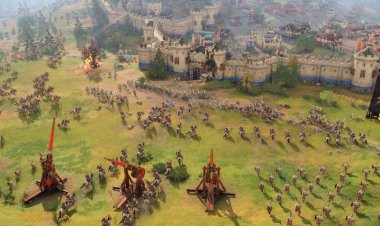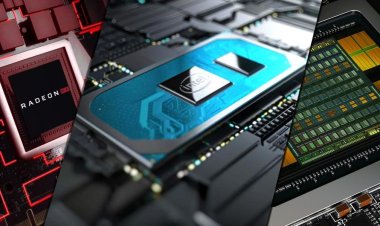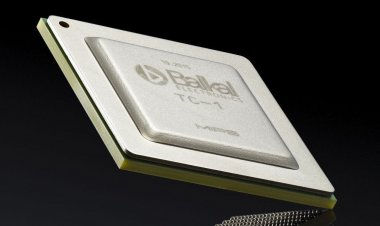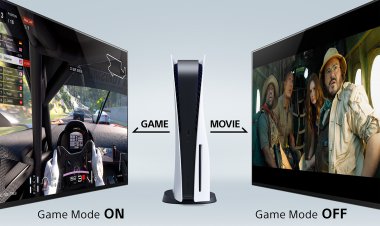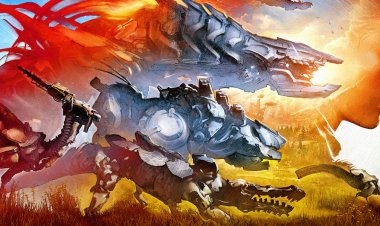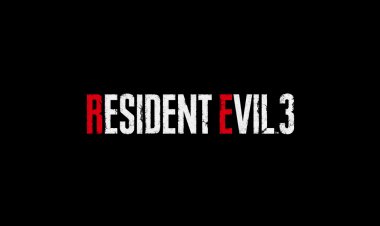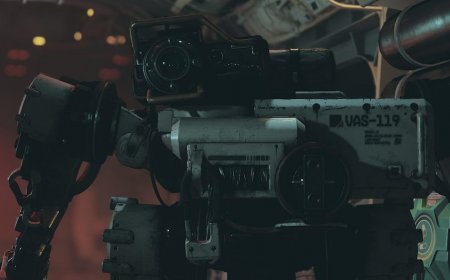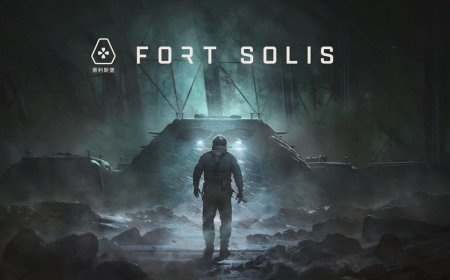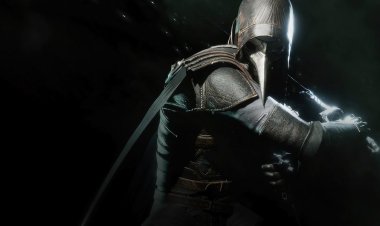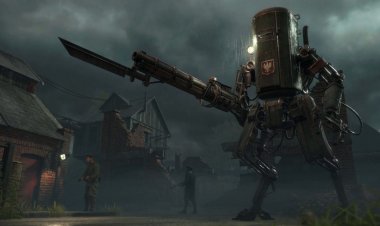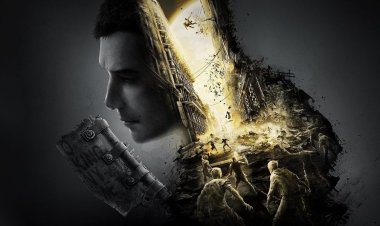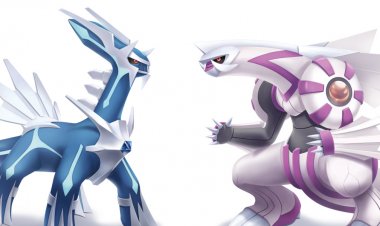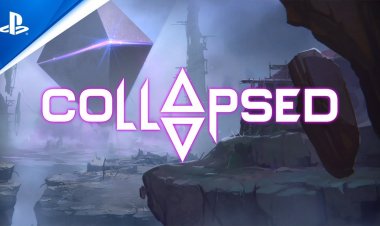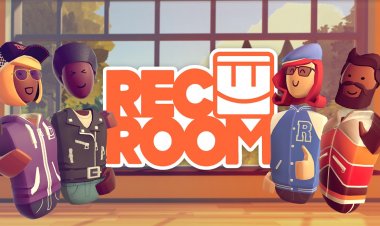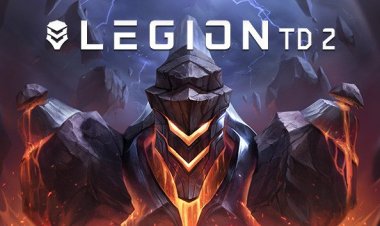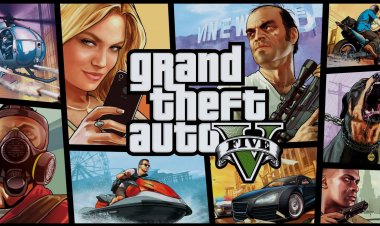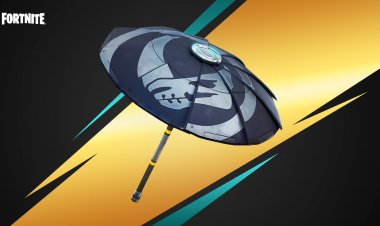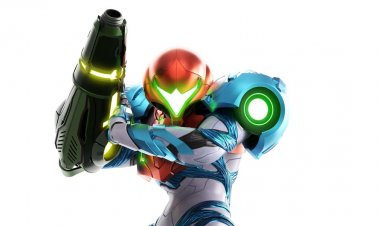Loop Hero Review
At the beginning of this year, the Russian Four Quarters team, with the support of Devolver Digital publishing house, presented Loop Hero to the world.

An experimental "bagel", deftly combining several genre trends at once, served through a shell of nostalgic retro aesthetics. On PC, the project found its audience in the shortest possible time, was warmly welcomed by both players and representatives of the press.
Of course, with such input data, the console port was only a matter of time, and more recently Loot Hero was released on systems of the Nintendo Switch family. Our editorial team managed to get acquainted with the pre-release version of the game, the impressions of which we have collected for you in this review.

Despite the external simplicity, it is quite problematic to attribute the Loop Hero gameplay to one particular style. Here, a light autobatler, roguelite mechanics, card deck management and numerous role-playing elements get along under one roof.
According to the plot plot of the brainchild of Four Quarters, the world in the usual sense has come to an end — an evil sorcerer-lich has erased almost everything from reality, leaving behind only endless darkness. Having awakened, the nameless, but brave hero decides not to give up and turn his unenviable situation around — to relight the light, trample the paths and fill the void with life, moving step by step. He is assisted in this by other survivors — people who have lost their memory, but have retained their will. This is where the conditional tie ends. Further, the narrative is fully integrated into the gameplay, and subsequent successes or failures depend entirely on yourself.
Structurally, Loop Hero can be divided into two parts. The first is the combat and research segments, the so-called "expeditions" into the darkness. The second is the strategic and planned development of its settlement, gradually overgrown with new buildings and allies.
Justifying the titular name, "expeditions” Loop Hero is a looped autobatler. When you go to one of them, the game generates a small map with a cyclical path on which your camp is located. The rest of the space is empty black tiles (or cells) that allow further interaction with them. Your character, displayed in the form of a schematic squiggle, begins his march and confidently stomps in a circle, every now and then bumping into various monsters that are reborn with each sunrise, entering into battle with them. It is impossible to directly influence the actions of the hero in any way — movements and battles occur automatically. What is happening can be paused or accelerated, but this is where your powers end.

Instead of actively communicating with the game, you are engaged in secondary duties. Namely, you change the heroic equipment and the reality surrounding it.
Fighting monsters provides you with two things. Firstly, various types of equipment — weapons, armor, accessories. Each of them has its own gradation of rarity and several attached characteristics, such as damage indicators, defense, attack speed, vampirism and others.
Secondly, battles provide you with unique maps that allow you to fill empty tiles with certain points. For example, an old cemetery can be built on the trail, where dangerous skeletons will soon appear. Or create a mountain range in the dark that will provide you with rare resources. Filling the map with more and more new parts, you slowly but surely complicate each future race — there are more dangers, but at the same time more resources settle in your pockets. The culmination of the round is the spawn of the "boss” - a particularly strong opponent, the victory over which moves the storyline forward.
It is curious that it is virtually impossible to finally “lose” in Loop Hero. Having died on the map, the hero returns to the base, having lost most of the earned rewards, which slows down the meta-progression. But such a scenario cannot be called a big disaster — you are only a few seconds and a little courage away from the next expedition.
The progression mentioned above is tied to the development of your settlement. In it, if you have the right resources, you can form useful locations - farms, taverns, forges. Through them, you get to know the characters and unlock additional abilities of the hero, such as the ability to choose one of three classes that differ in their strengths and weaknesses. In the same menus, you form your deck of cards — the ones that randomly fall out during expeditions.
The strongest side of the “gameplay magnifier” Loop Hero becomes an endless search for a balance between the ever-increasing complexity and the opportunity to escape home with the won good. In the process of winding circles, the excitement will not allow you to make a much-needed halt while the rational part of the brain screams and asks you to stop, without jeopardizing ten to fifteen minutes of confident progress.
At the same time, the card system implies a decent share of tactics. By placing certain types of buildings on neighboring tiles, you can increase the amount of resources you receive, and the correct location of obstacles on the trail is the key to an effective victory.
Unfortunately, after the basic mechanics of Loop Hero are studied and discovered, the game switches to the phase of a simple but necessary grind. By this time, you will have already developed the most effective strategies, stop rejoicing in successes and being upset by defeats, and a natural routine will replace fascinating journeys — a little man needs to extract wood.
As for the quality of the port itself, Loop Hero switched to Switch, bypassing any compromises. Stylish pixel graphics for the realities of the Nintendo hybrid console did not have to be changed. The same is true for music — a memorable tracklist was saved in a complete set.
But with the interface, things are somewhat curious. Being a PC game by nature, Loop Hero relies on precise micromanagement of a large set of small icons. The equipment needs to be thrown into the character's window, and the cards should be scattered over empty tiles. It seemed to us that it was not very convenient to do this with Joy-Con controllers. It's not a matter of complexity at all, but of banal speed — the mouse is much better suited for this kind of manipulation.
Fortunately, the situation is greatly saved by the portable Switch mode — in it you can control the Loop Hero completely through the touchscreen, forgetting about the buttons and sticks. The format of the game itself is, in principle, very great for portable devices and short sessions between important tasks. You are unlikely to be able to sit on the couch for several hours in a row with Loop Hero on the TV screen without any pauses and interludes.

Since its launch, Loop Hero has not lost any charm. This is an accessible, addictive game, with a bright concept and its successful implementation. And the release on Switch gives her a new life — now you can save the world in a circle not only at home, but also on the road.







What's Your Reaction?






















